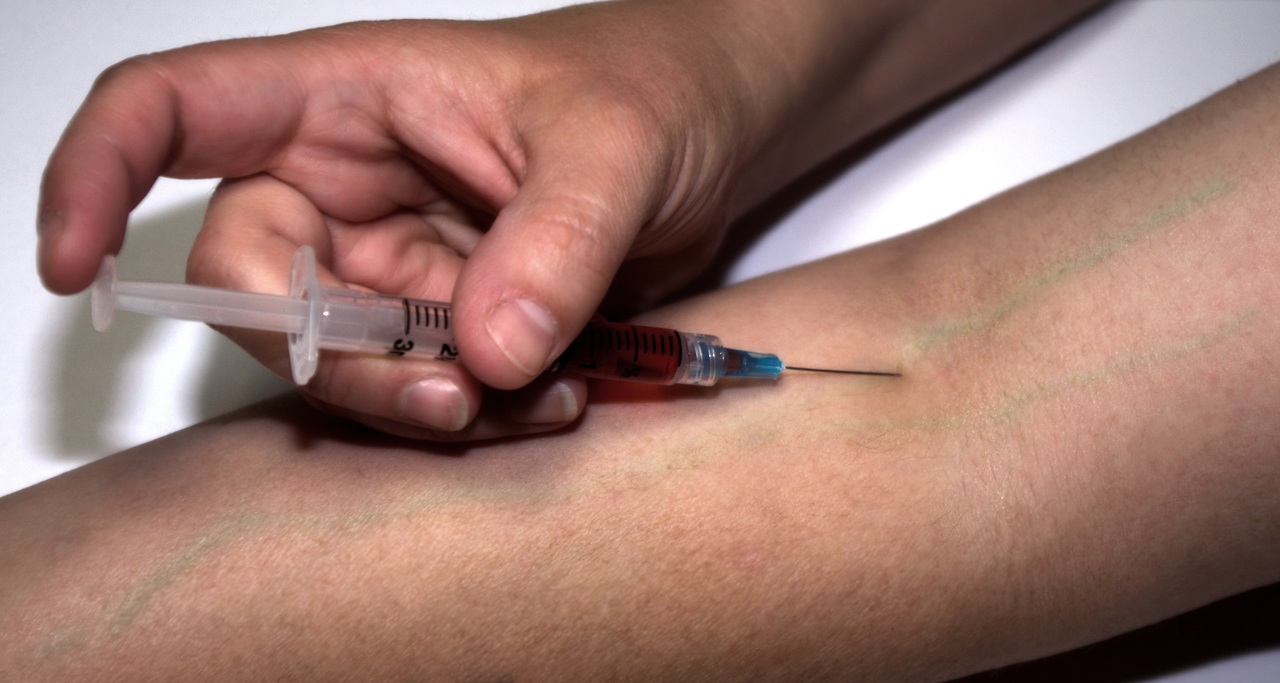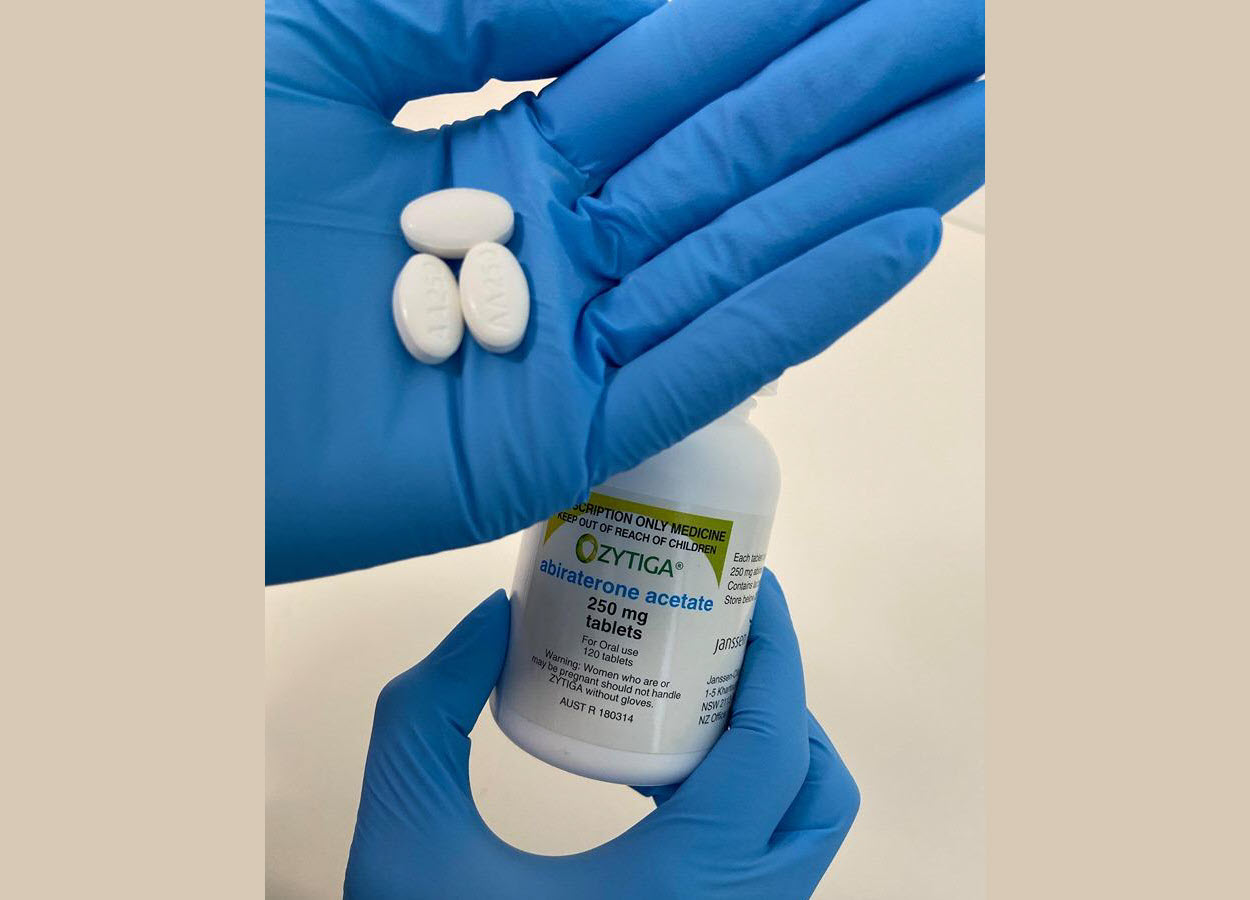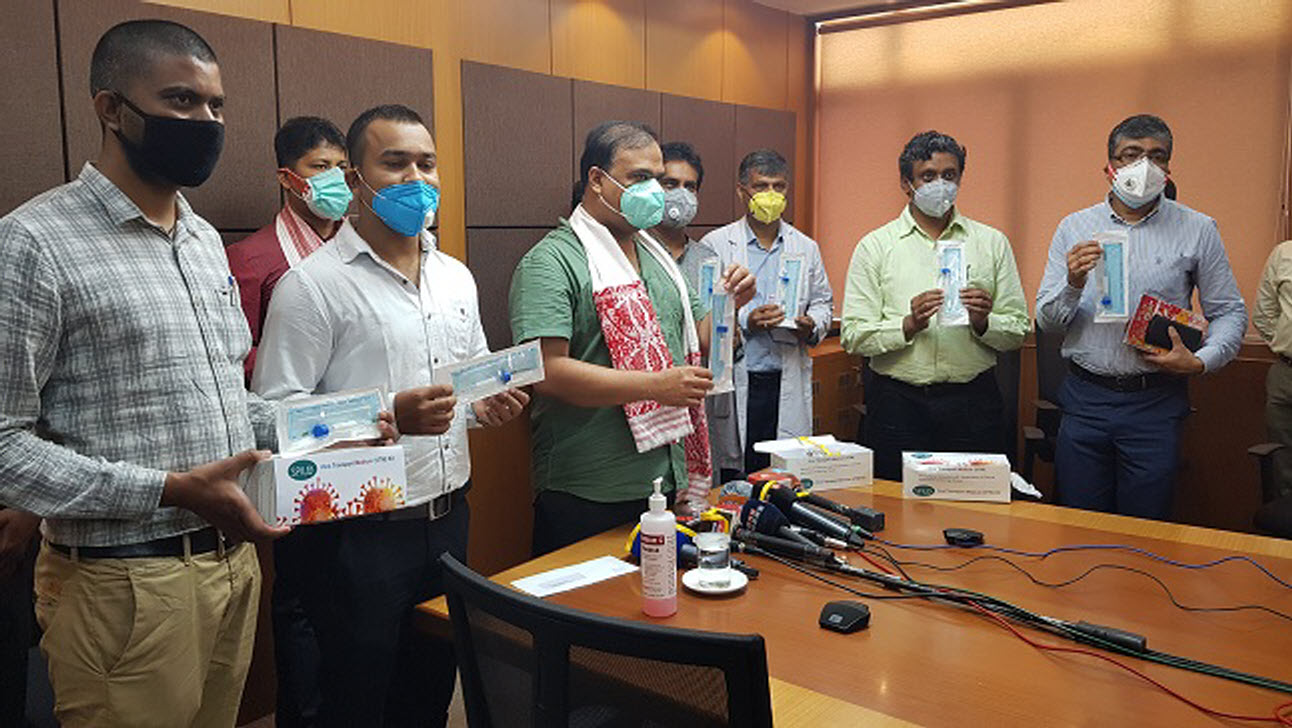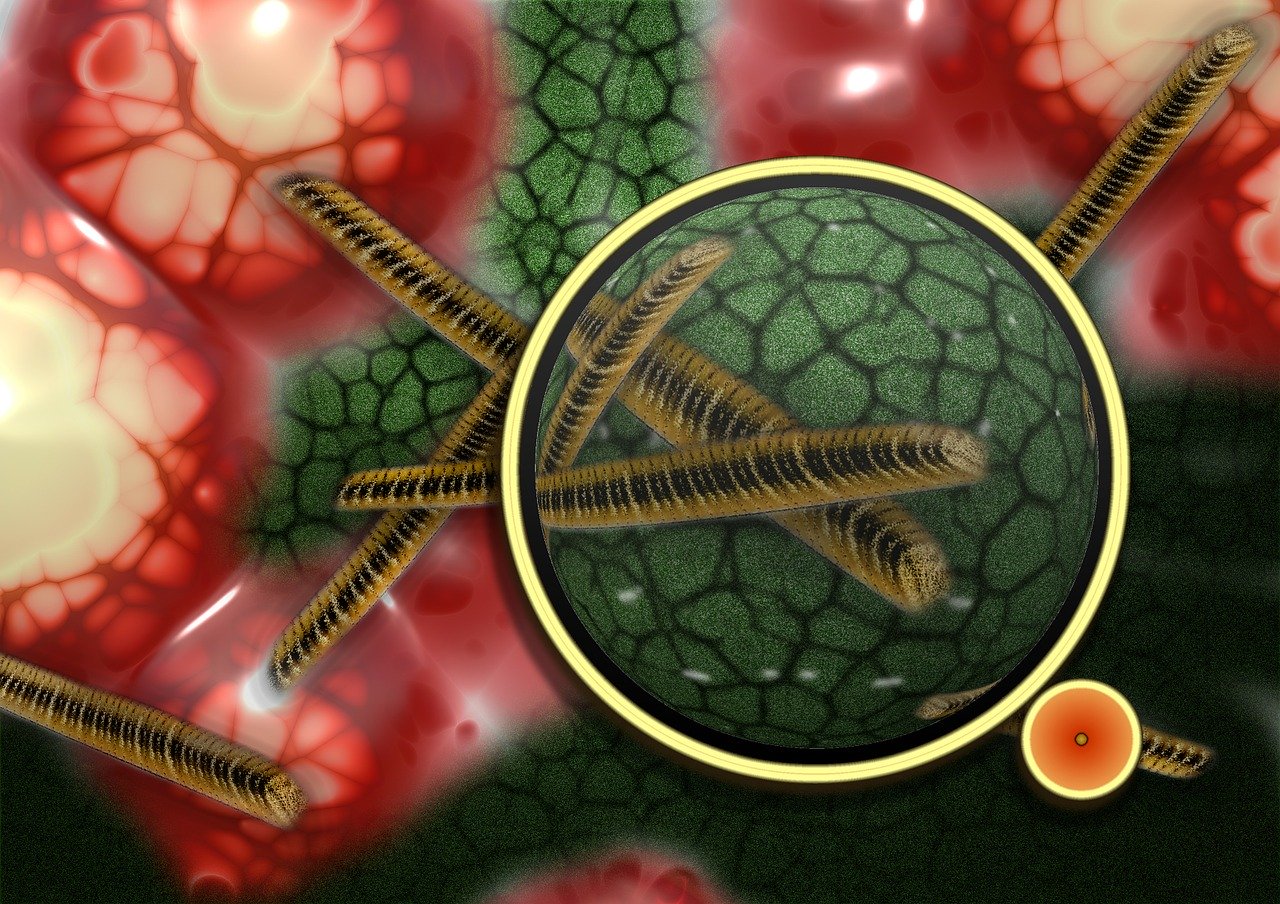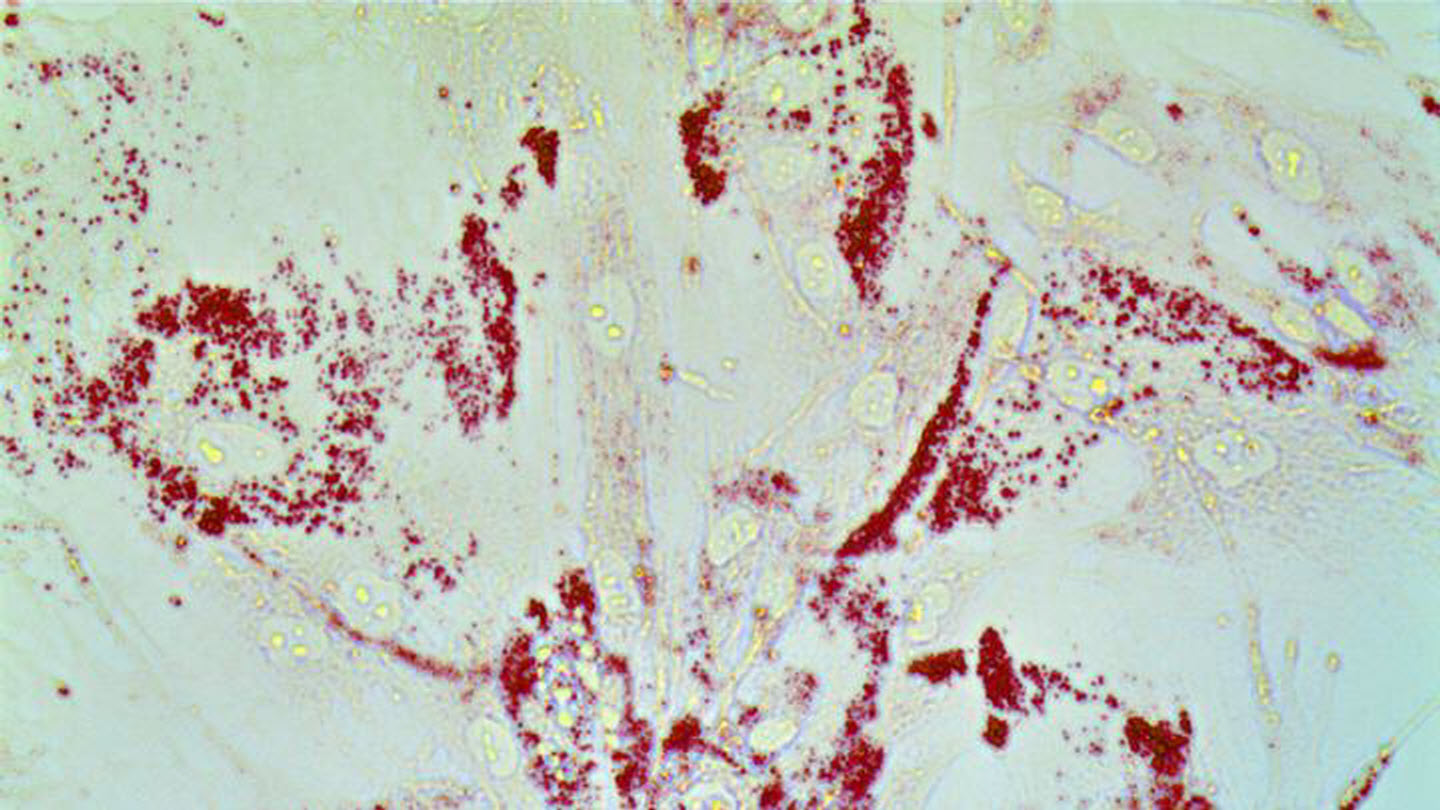
AYUSH Industry has been considered as an Essential Industry during Covid times and hence ready to be integrated with Public Health Delivery and Innovation and the AYUSH Standard and Premium marks are the way ahead for Global reach said Dr. Manoj Nesari, Advisor, Ministry of AYUSH, Govt. of India


